April 2019
Welcome to the first issue of Accelerating News of 2019.
In this issue, we take a moment to review strategic R&D technological aspects for future colliders and the benefits for industry. After Run 2, work is now in full swing for HL-LHC; we report recent developments from the project’s working packages. We also review the FCC four-volume design report, a global effort that documents the physics opportunities offered by post-LHC frontier circular colliders, and the technological challenges for the efficient and sustainable realisation of this project.
Moreover, CLIC presented a Project Implementation Plan and a number of yellow reports that discuss the machine and detector parameters, along with detailed physics discussion. The two reports will serve as the main input to the next update of the European Strategy for Particle Physics, together with other contributions including non-collider experiments and roadmaps for the development of accelerator and detector technologies.
A few weeks ago, the European Parliament and the European Commission agreed on the fundamental aspects of Horizon Europe, the new framework programme supporting European Science and Innovation. One of the new aspects of this programme is the concept of research “missions”, introduced by Professor Mazzucato, who we interviewed for this issue. The recently established European Innovation Council will also play a key role in bringing academia and industry together, and stimulating fast-growing technology companies. Supporting technology companies was also the goal of the “Particle Colliders – Accelerating Innovation” day in Liverpool, about which you can read below.
Finally, some internal news: after serving as Editor-in-Chief for almost three years, it is time to step down. I would like to give my very special thanks to the editorial team, to our advisory board, and to the readers and contributors for their continuous support. I pass the baton to Daniela Antonio as of June, and I share my very best wishes to her and her team. I trust that, under her guidance, this newsletter will have a bright and growing future.
I hope that you will enjoy our new issue.
Panos Charitos, Editor-in-Chief
Interview with Mariana Mazzucato: Bridging Research with Innovation
Prof. Mariana Mazzucato on innovation and the concept of "missions".
Simon van der Meer Award
Apply now to Simon van der Meer Early Career Award in Novel Accelerators! Deadline: 27 May 2019
Project M: Diamond Light Source engages students in citizen science
How to prepare a set of 1000 samples to be analysed at a beamline in the shortest time possible?
How fundamental science is changing our world
Global FCC study discussed benefits of discovery science to society and industry at Symposium “Particle Colliders – Accelerating Innovation”
Academia-industry collaboration drives innovation
Co-innovation workshop focused on strategic R&D programme of future collider and the benefits for industry in terms of project involvement and product commercialisation.
Towards single-cycle attosecond light from accelerators
New concepts build upon a strong link between linear accelerators, FELs and quantum lasers.
ISOLDE's new solenoid spectrometer
Novel experiments to study the evolution of nuclear structure, exotic nuclear shapes and the formation of elements made possible with ISOLDE's new solenoid spectrometer.
Seamless accelerating cavities
Superconducting radiofrequency accelerating cavities are the heart of modern particle accelerators and one of the key challenges for the FCC study.
How to slice a proton beam
First clear evidence of proton bunch self-modulation and excitation of high amplitude wakefields in plasma acceleration.
Electron Lens Test Stand at CERN
The new electron lens test stand paves the way for the HL-LHC upgrade.
A new JTT shielding adapting ATLAS to Hilumi configuration
A report/word from HL-LHC Collider-Experiment Interface Work Package
Highlights from CLIC Week 2019
The physics opportunities brought by of a high-luminosity linear electron-positron collider
FCC collaboration publishes its Conceptual Design Report
FCC study publishes a conceptual design report demonstrating the feasibility of the different options explored for post-LHC circular colliders.
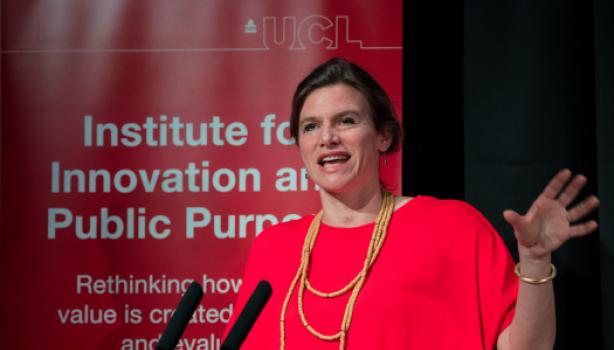
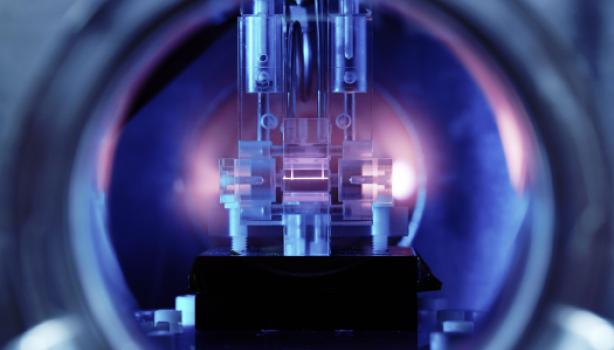
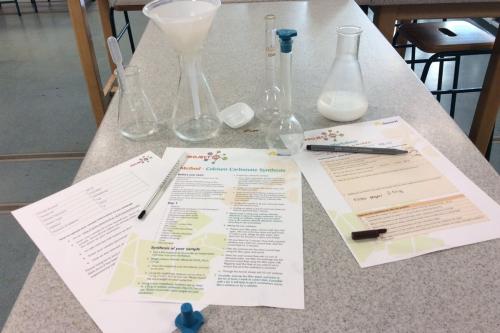
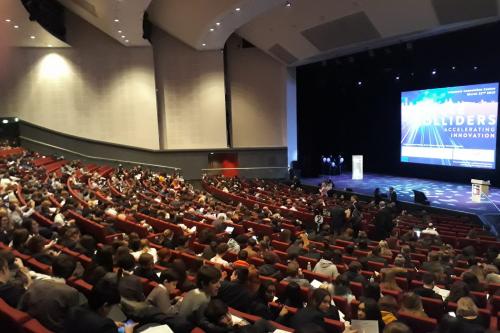
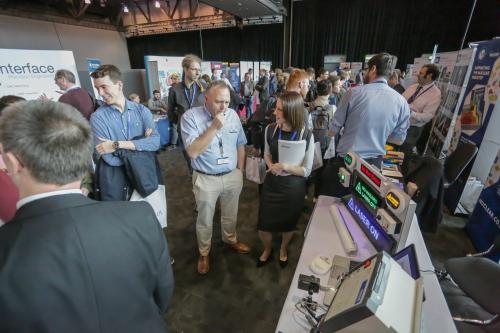
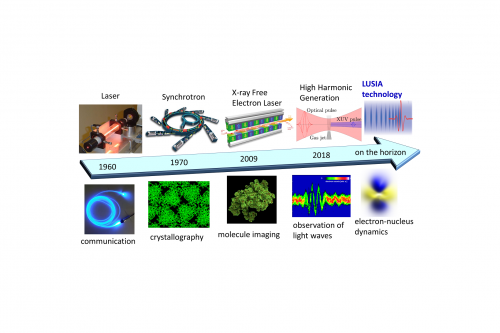
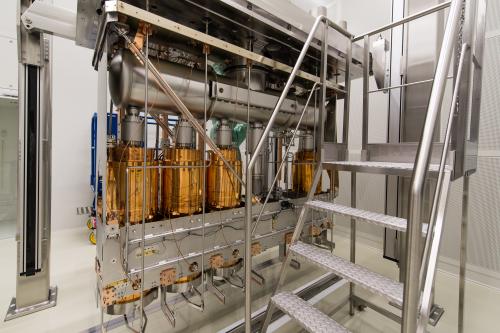
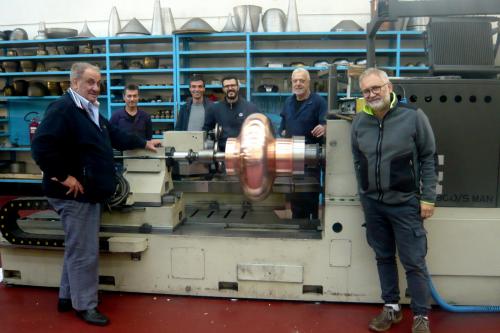
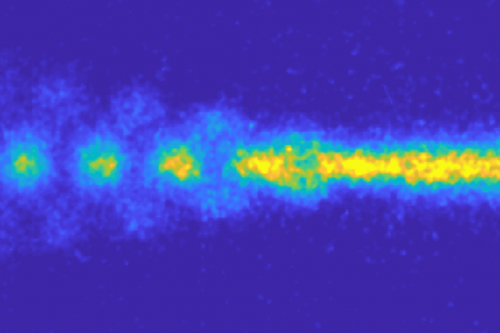

_0.jpg%3Fitok=bGrAy0CD)
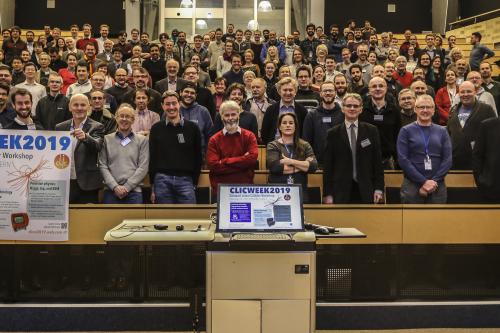
.jpg%3Fitok=wh0-H1R1)